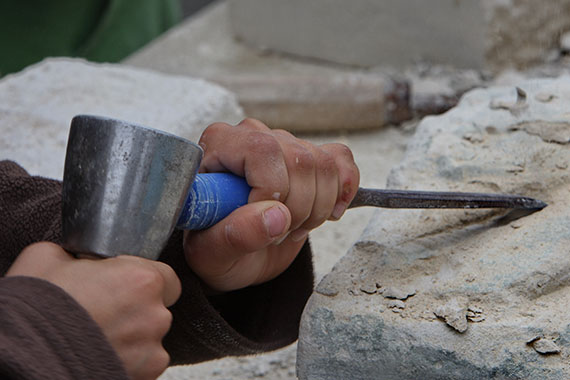Over the past few weeks, in a number of venues, I have been asked: “What is your writing process?”
I’m happy to give an answer as long as it is understood that I have NO notion that what I do constitutes rules for writing. Grammar and spelling have rules (which can sometimes be ignored) but “How to Write a Novel” does not sit on my shelves. I truly believe that if whatever you do works for you, stick with it.

I once knew a writer who wrote his books paragraph by paragraph on index cards, then assembled them when he was done. I heard a famous writer explain that she never starts to write a book until she has the last line firmly in her mind. Natalie Babbitt once told me she had to work out the entire book in her mind, before she began to write. So it goes. Stick with what works for you. Change it only if it is not working. But I keep to my mantra: Writers don’t write writing. They write reading. It’s all about creating a reading experience.
I think I recall that it was said of the great Renaissance sculptor Michelangelo that he would look at a block of marble and see the figure inside. Then he would remove, as it were, the “excess” stone to set the figure free.

Of course, I do not compare myself with Michelangelo, but my process is just the opposite. I begin with an idea, usually a character in a situation and only a general sense of the story I wish to tell. In my early days I worked from crude outlines. These days I have a general arc of the story in my head, but for the most part I invent as I go forward.
I write a first crude chapter. I rewrite that chapter many, many times, until I have a clear sense of person, voice, place, and the movement of the story. Usually, I am adding text.
BUT, even as I go forward, I rewrite what I have written. Moreover, I allow myself to make major changes if I feel they are productive. I also don’t talk to people about what I am writing, other than in the broadest terms: “I’m writing a book about gold rush California.” To do otherwise boxes me in. The freer I am, the more inventive I can be.
Thus the first draft takes the longest. Next, I rewrite the whole book any number of times, perhaps seventy to eighty times. When I sense that I have something whole and decent—whatever than means—I usually read the book (pen in hand) to my wife. Let me stress, read. (Writers don’t write writing. They write reading.) When I do so I hear the book, and make countless changes. Also, my wife is a sharp critic and is not shy about saying what she thinks.
Then I may ask a friend to read the book—making sure it is a cold reading. That is, I don’t tell the friend anything about the book. It’s just, “Please, read this and tell me your thoughts.”
There is more rewriting until I feel I am just pushing commas about. Then the manuscript goes to an editor. Since I have worked on it for at least a year, I also need to step away from the work. Starting something new helps provide distance.
Inevitably, working with an editor means more rewriting takes place, sometimes major changes. That is a whole other process.
But let me point out one crucial thing: Writing a novel begins by working alone. But at some point there are many people who have input.
5 thoughts on ““What is your writing process?””
Loved reading about your process. One question I like to ask a writer is if they’re a plotter or a pantser because I’m frozen in my writing. Since elementary school, I’ve hated outlining, but wondered if I have to try. I have many ideas, but no stories. But, the more I think, the blanker I get. I might have a beginning and not know where to go from there. Or a beginning and an end, but the middle is elusive. I’m thinking what I really need to do is figure out who my characters are and what they want for that arc to develop in my brain. I suppose, what I really need to do is just write to see where it takes me. If I were writing a mystery, then I would think more outlining would be necessary.
I know for a picture book it’s suggested you write the whole first draft and then go back to revise. It’s not practical to do that for a novel. It’s interesting how you rework your first chapter until you are satisfied. Do you not continue writing until you’re happy with how the first chapter starts? Do you ever think, I’m not totally satisfied with my beginning, but let me get the story out and when I finish and do my rewrite, I’ll rework the beginning. Is it you’re rewriting your first chapter to just set the tone you want to get that ride going for the reader?
Okay! Time to open my Word document and start tapping away. Even if it’s just a scene, it’s better than just complaining I don’t know what to write.
I think Michelangelo would be pleased to be in your company. Thank you for sharing your process.
This is helpful. Thank you.
Thank you for sharing. It is so helpful. Do you work with a daily word count quota in mind? Do you work on other projects simultaneously?